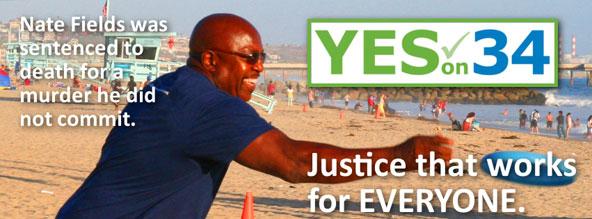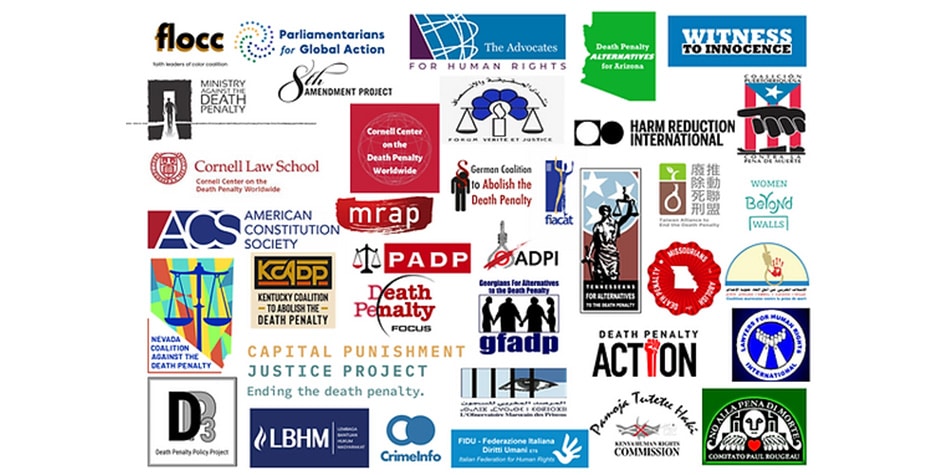
California narrowly rejects abolition
Abolition
In one of the numerous local polls conducted at the same time as the US presidential election on November 6, Californian citizens voted narrowly against a proposition to abolish the death penalty and replace it with life without parole combined with additional funding to tackle violent crime.
Members of the SAFE California campaign, which promoted Proposition 34, were disappointed with the result but satisfied that the Californian death penalty debate has changed radically after 53% of voters cast a ballot against the initiative and 47% in favour.
The difference between Yes and No votes was just over 500,000 ballots out of more than 10 million.
“The Yes on 34 – SAFE California campaign did not win the election, but did succeed in educating millions of Californians, and more millions all over the country and the world, about the realities of the death penalty,” said Elizabeth Zitrin, a campaign organizer who is also a vice-president of the World Coalition. “It risks executing the innocent, it is a cruel hoax to the families of victims, it is not a deterrent and it wastes billions of dollars that are needed for real public safety and public benefit programs,” she added.
“A dramatic shift in public opinion”
Jeanne Woodford, the official proponent of the SAFE California Campaign and former Warden at San Quentin State Prison where she oversaw four executions, described the result of the vote as “a dramatic shift in public opinion” in a statement late that night. “In 1978, 71% of the electorate supported the Briggs Death Penalty Initiative and now, after hearing the facts, voters are almost evenly split,” she added.
Richard Dieter, the Executive Director of the independent research body Death Penalty Information Center, confirmed that the vote was “a clear indication that an increasing number of voters have changed their minds on the death penalty.” He continued: “Such a costly, ineffective system no longer has the support of a large majority of the public.”
An official review found that since California reinstated capital punishment in 1978, the State spent $4 billion on capital cases and death row maintenance, while executing only 13 convicts.
Proposition 34 aimed at spending that money on improving police investigations and victims’ compensation in cases of violent crime.
Is the death penalty “fixable”?
But opponents to the abolition of capital punishment in California described those figures as “misleading” and used testimonies from victims of crimes and their families to gather support from the public. “On behalf of the families of crime victims everywhere, we thank the voters of California for rejecting Prop 34 and standing up for those who no longer have a voice,” said McGregor Scott, former United States Attorney and Co-Chair for No on Prop 34, in a statement on November 7.
While his campaign acknowledged that the current system was dysfunctional, Scott said that “the problems with delay and expense of California’s death penalty are entirely fixable”.
Executions looming
With the rejection of Proposition 34 and 726 inmates on death row in California, there is a risk that the State will soon carry out its first execution in nearly seven years. According to the Silicon Valley’s Mercury News paper, “at least 13 death row inmates have exhausted all of their legal appeals, raising the prospect that California will experience an unprecedented spate of executions”.
Yet Californian abolitionists are not giving up. “We built a powerful coalition of law enforcement professionals, victims’ family members, innocent exonerees, faith leaders, taxpayers, human rights leaders, community leaders and many, many more’” Zitrin said. “We will continue to work together for justice that works for everyone.”







